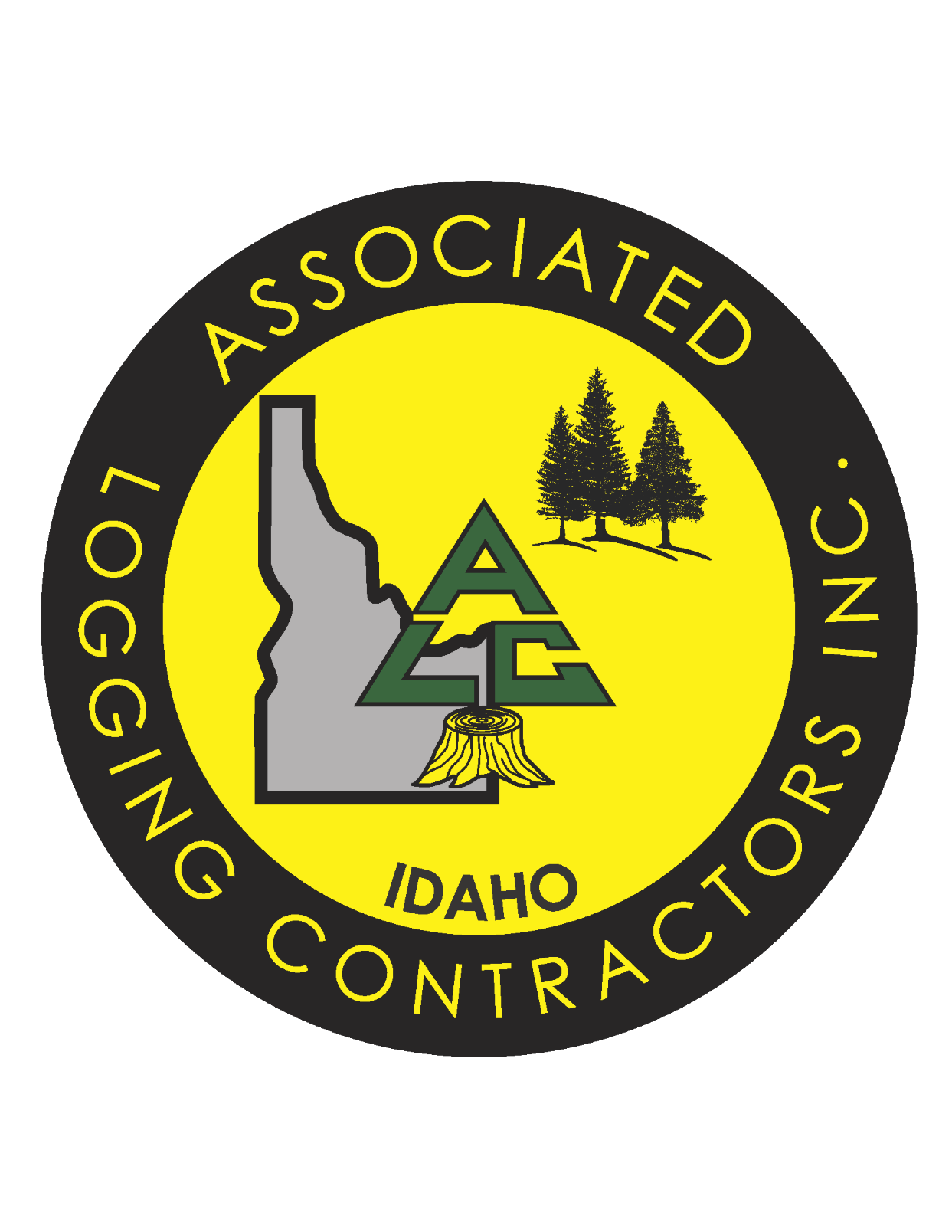The Pacific Northwest Agricultural Safety and Health Center (PNASH) has compiled resources to help manage work fatigue and sleep.
“Even on typical work days, forestry jobs closely match the work of first responders,” PNASH shared on their blog. “Staying alert and strong is key to staying safe, but it isn’t easy. Especially with long days, traumatic incidents, fatigue, and a slew of stressors to manage.”
Here are some trusted resources from PNASH:
- Long Work Hours and Fatigue Training: A guide from CDC/NIOSH
- Fatigue Management: BC Forest Safe offers strategies for log hauling and log camps such as shift scheduling and driver support.
- Fatigue Management Guidelines for the Forest Industry: From WorkSafe Victoria is a comprehensive guide on causes of fatigue, recognition of symptoms, and assessment of risks.
- Emergency Preparedness and Response: CDC’s ‘‘Topics’ list links to an extraordinary catalog of practical guidance ranging from chemical spills, to natural disasters, to stress and fatigue.
- Total Worker Health Resources: Employers will find toolkits and trainings to bring to their teams, including fatigue and stress management, safety climate, workplace policies, employee well-being evaluation.
- Sleep Disorder Facts and Healthy Sleep Tips: If sleep is the concern, the American Academy of Sleep Medicine’s educational arm has excellent resources.
